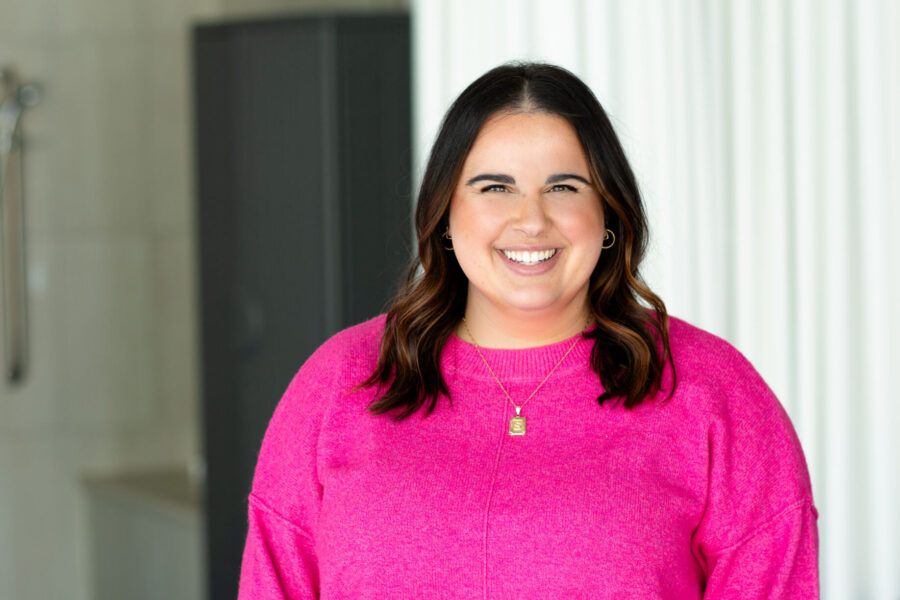A common theme among parents of children with intellectual and developmental disabilities (IDD) is, “There are no services offered for people with IDD once they become adults.”
The Munroe-Meyer Institute has been working diligently to change this narrative by building a bridge across the gap in services. The occupational therapy department has developed and partnered in a variety of programs that support people with IDD through adolescence and into adulthood.
One example is the Independent Living Skills Program, which takes place in MMI’s simulated apartment. Here, participants practice the essential skills needed for greater independence, such as cooking, cleaning, bathing, laundry, home maintenance, money management and other daily living tasks.
Another vital resource is the Transition Lifespan Clinic (TLC), a multidisciplinary program that brings together primary medicine, nursing, occupational therapy, physical therapy, psychology and social work. The clinic prepares patients and their families for the transition into adulthood, ensuring continuity of care and eliminating gaps in services.
The occupational therapy department most recently established the Foundational Driving Program, which gives participants the opportunity to build skills needed for safe driving before getting behind the wheel. For those not deemed safe to drive, the program includes a community mobility track focused on rideshare, public transportation and way finding.
In addition, the Practical Assessment Exploration System (PAES) Lab provides hands-on training in job skills across career paths such as meal preparation, clerical work, electrical systems, sewing and carpentry. Occupational therapists play a key role in adapting these tasks to support each individual’s fine motor, visual motor and sensory needs.
(Other offerings for adults include dentistry, recreation therapy programs, job training and soon primary care.)
The transition to adulthood can be full of unknowns. But through MMI’s array of innovative programming, individuals with IDD are building confidence, independence, and meaningful opportunities to branch out on their own.
